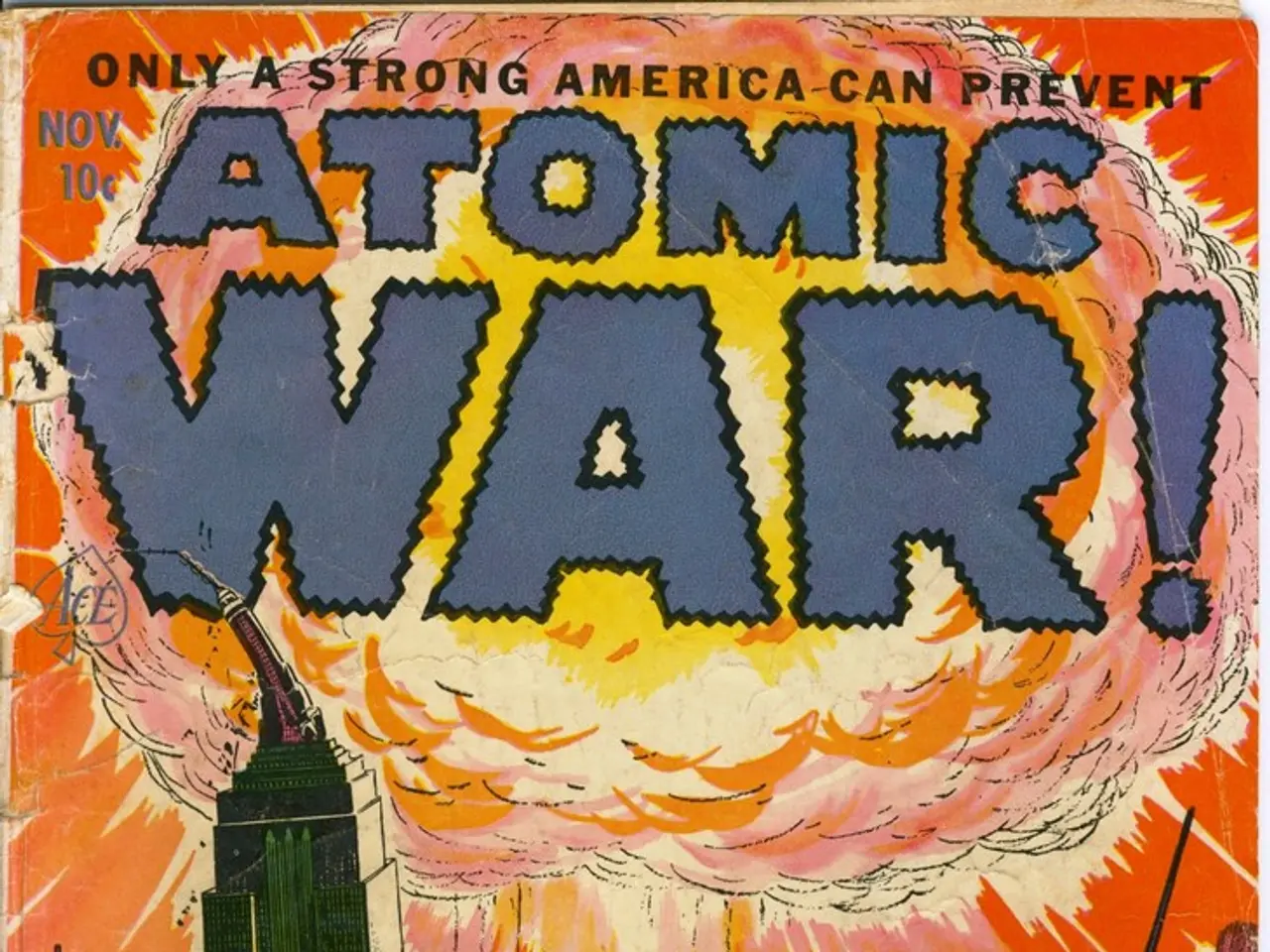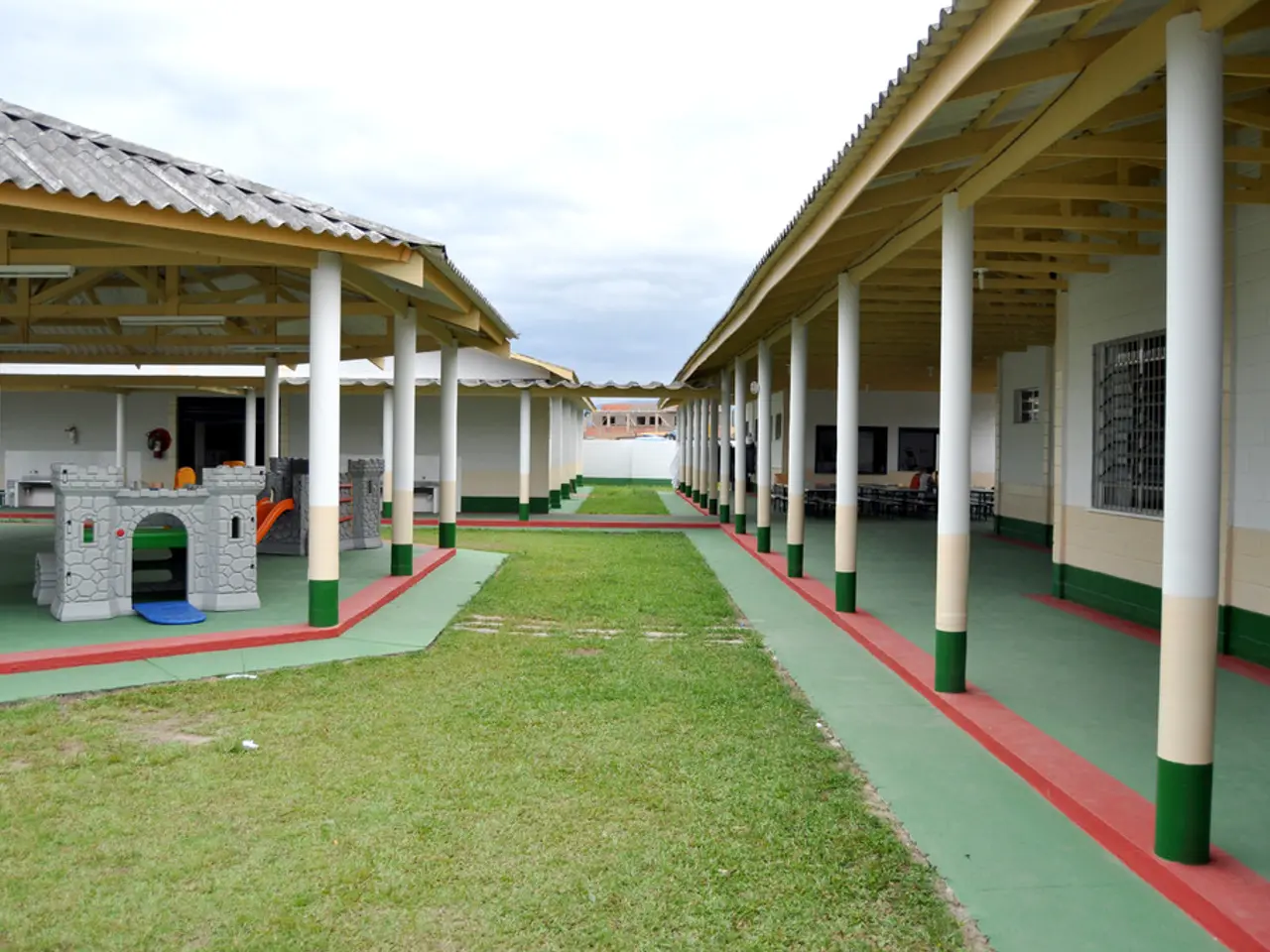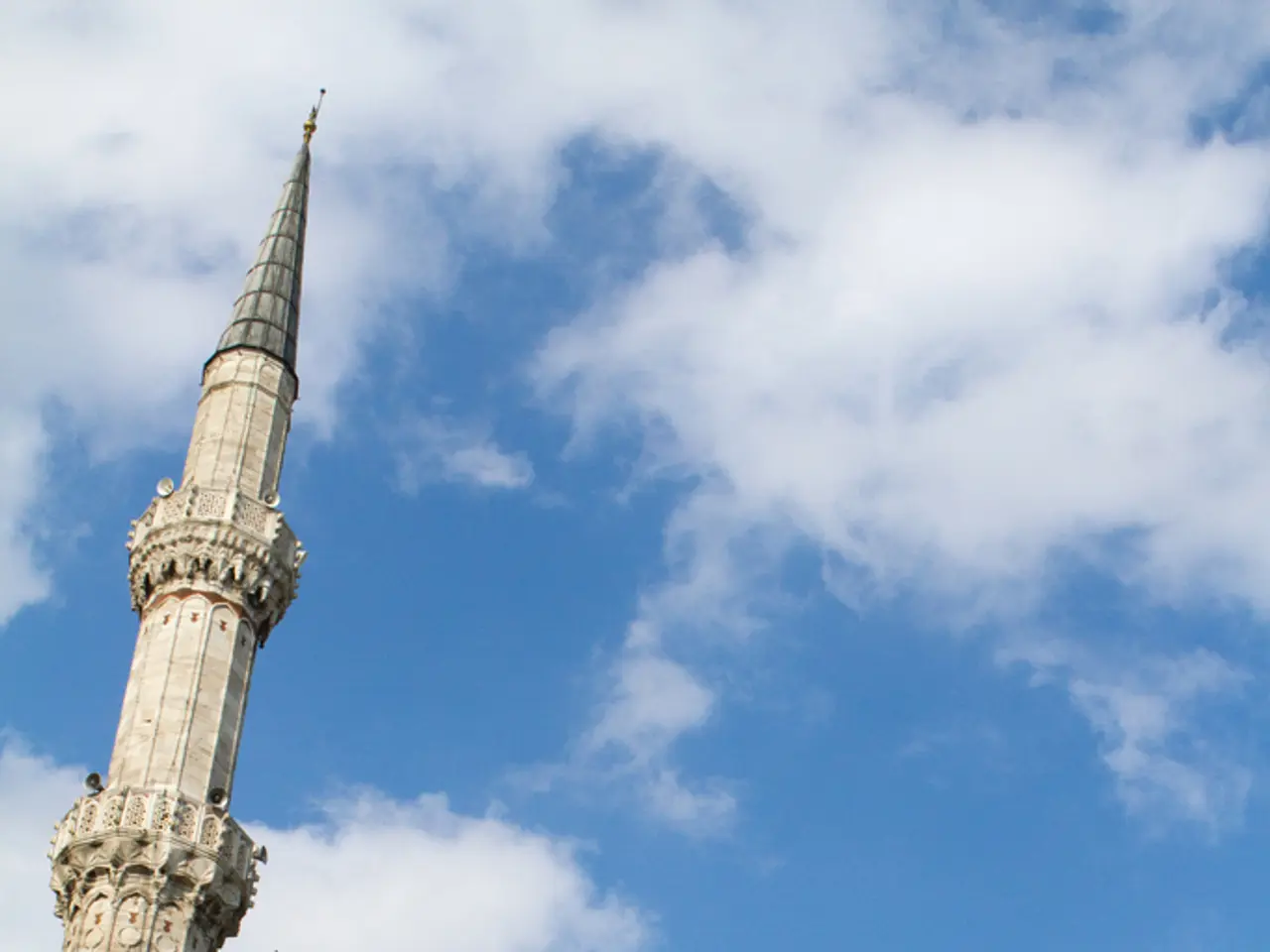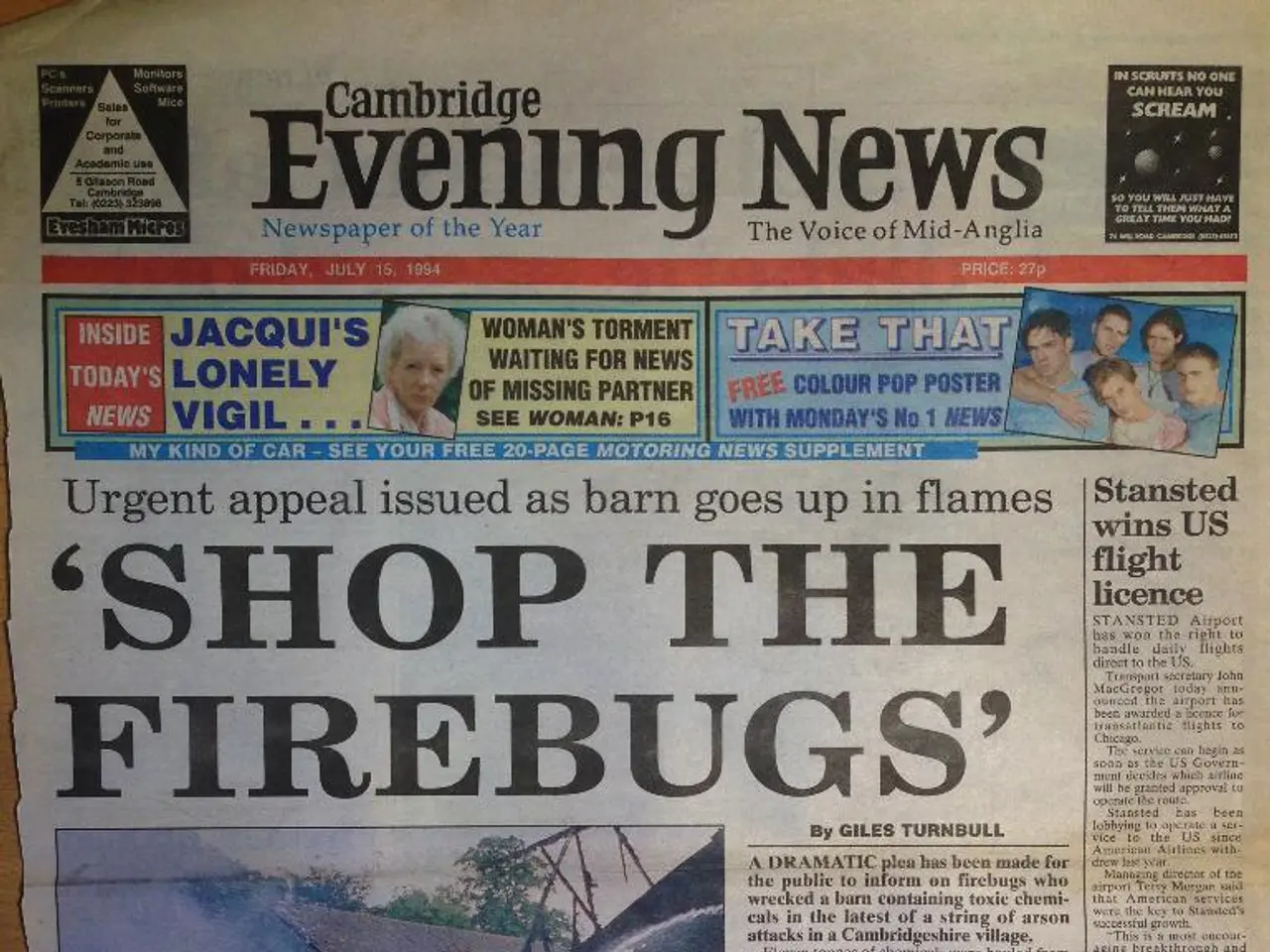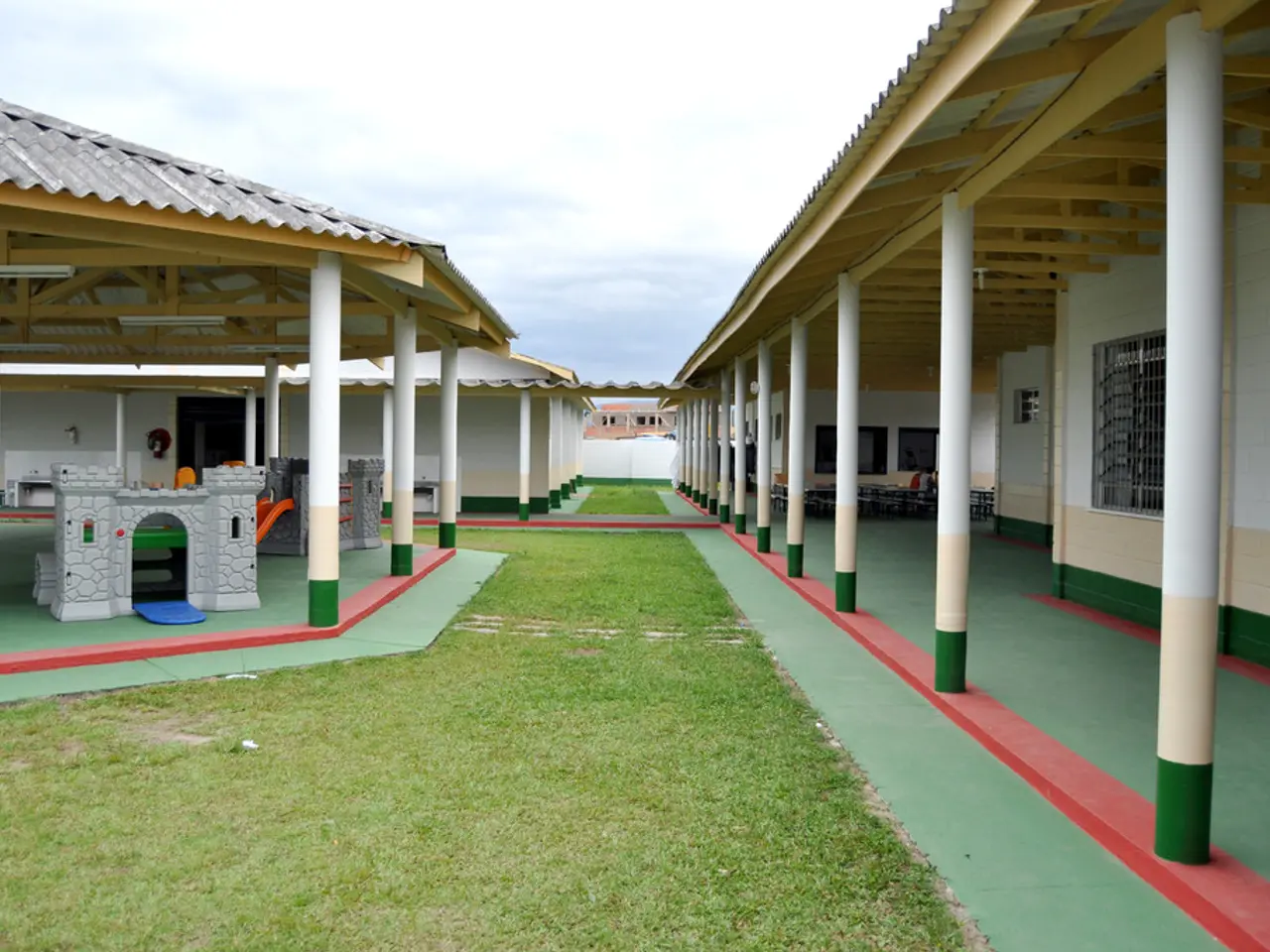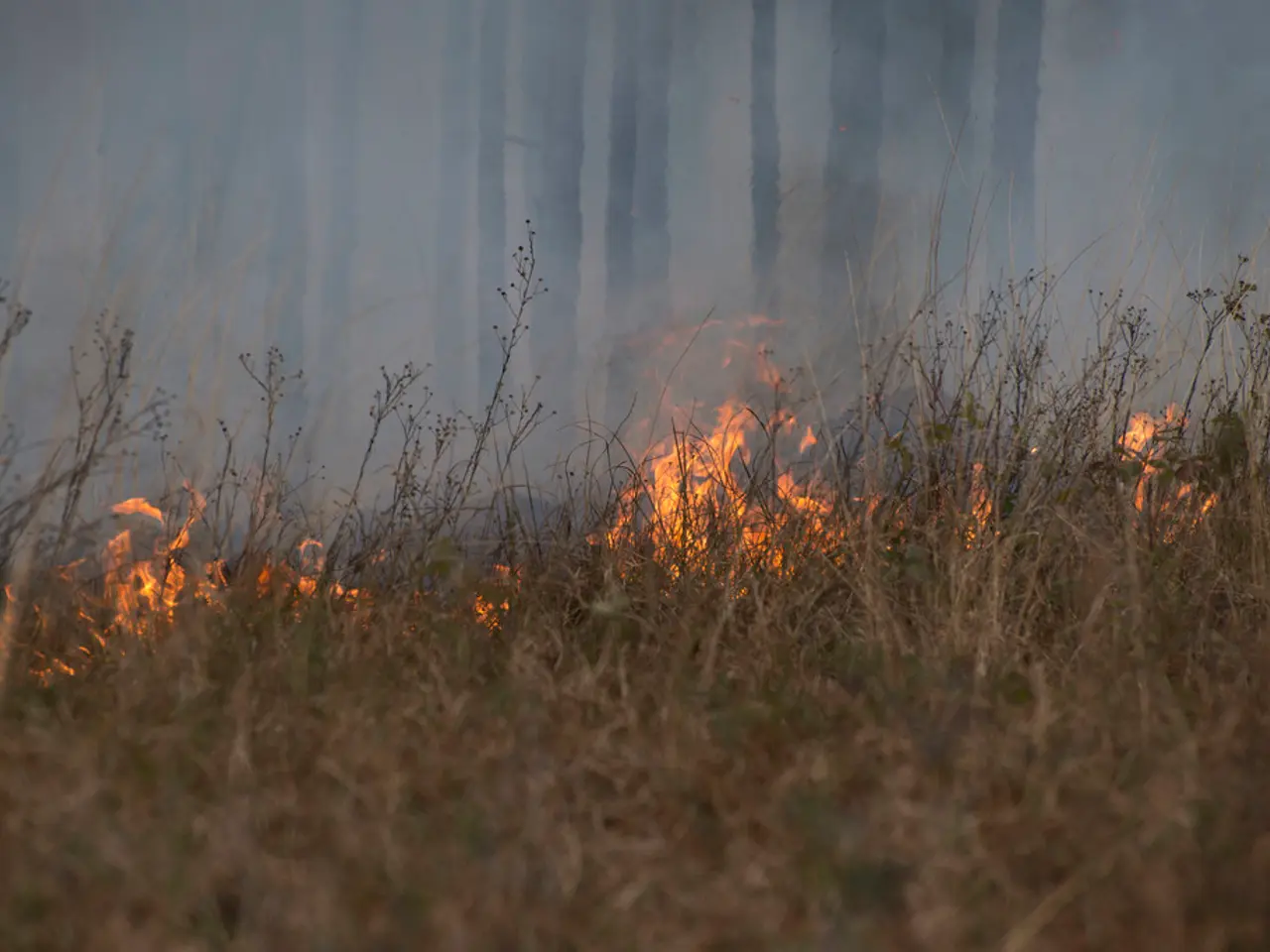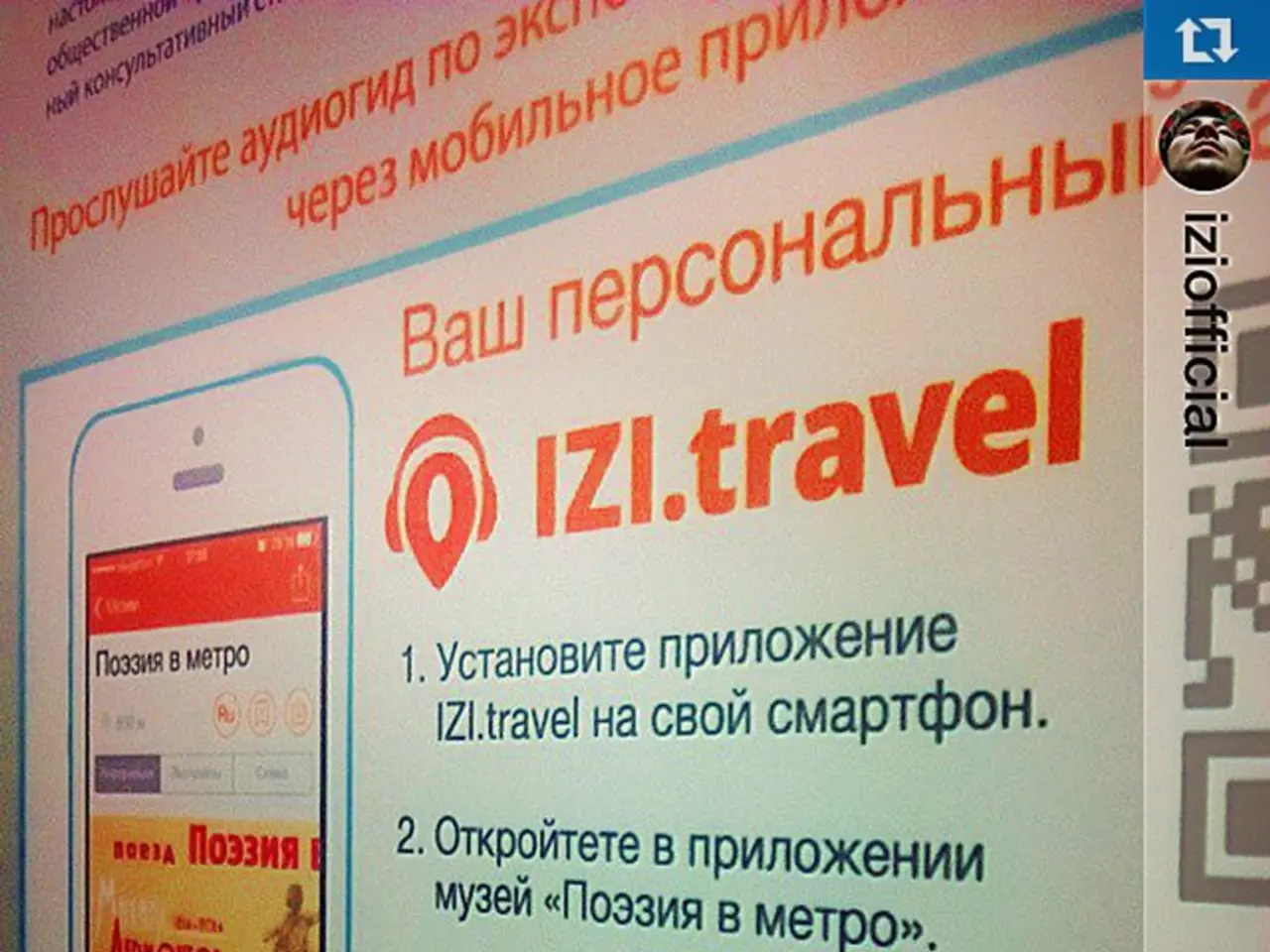Trial Over Solingen Arson Attack Sparks Controversy
Commission urged to propose legislation safeguarding workers from radiation hazards through a directive on ionising radiation risk mitigation.
The court proceedings surrounding the devastating 2024 arson attack on Gruenewalder Street in Solingen is causing quite a stir, casting a spotlight on potential oversights within the investigative authorities. New evidence about another fire in Wuppertal in 2022, coupled with emotional outbursts in the courtroom, have created an electric atmosphere.
The five plaintiffs' representatives have publicly expressed their dismay with the ongoing trial, particularly criticizing the early termination of investigations into the Wuppertal fire of 2022. As it turns out, an expert analysis has now confirmed that the fire in the multicultural building was indeed deliberately set, contradicting the original authorities' attribution to a technical defect. This development raises red flags, considering the defendant's partner had just moved out of the building at the time of the fire.
Intriguing leads about the defendant's possible involvement in other threatening incidents, such as puncturing car tires and suspicious Google searches, have also come to light.
Since the presiding judge, Jochen Kötter, has admitted that the implications of these findings are yet to be determined, the trial's future direction remains uncertain. Judge Kötter, however, acknowledged the renewed investigative vigor displayed by the authorities. "There's no doubt that there exists a strong desire for clarification now," he stated, although this sentiment is not universally shared in the courtroom.
However, things are starting to heat up, as Seda Başay-İldız, one of the plaintiffs' lawyers, took a sharp stance, addressing the public prosecutor's office, "Could the murders in Solingen have been prevented if you had done your job properly originally?" Başay-İldız submitted several applications, including calling two Italian neighbors who had previously reported the defendant for battery and property damage as witnesses.
Another point of contention is the defendant's access to his father's annex apartment, where they found Nazi literature like "Mein Kampf." While authorities initially attributed these materials to the father, doubts persist regarding the defendant's actual use of the apartment. Başay-İldız argues that the defendant may have lied to the job center, but the public prosecutor’s office dismisses this argument.
At the heart of the trial is the tragic arson attack that left a Turkish-Bulgarian couple and their two young daughters dead and numerous other residents injured in 2024. As the trial unfolds, the focus isn't just on legal matters but on whether earlier mistakes and omissions might have prevented more lives from being lost. The trial has become a symbol of the system's failure that must now face its reckoning.
Deep Dive: The 2024 Solingen arson trial has attracted intense attention and is marked by ongoing developments. As of June 2025, prosecutors have presented strong evidence linking the defendant to the crime, but questions about investigative conduct remain. Allegations of delays, mishandling of evidence, and coercion of witnesses have surfaced, raising concerns about the trial's integrity. Additionally, concerns about media and public influence on the investigation and jury are ongoing. The case highlights the challenges associated with balancing thorough investigation, fair trial rights, and media influence in high-profile criminal cases in Germany.
The ongoing 2024 Solingen arson trial, embroiled in controversy, is also shedding light on the broader realm of German politics, as questions about investigative conduct have raised issues about the efficiency and integrity of the country's law enforcement agencies.
Moreover, the trial's focus on potential oversights within investigative authorities is not limited to the Solingen case alone; it raises concerns about the general-news landscape and the justice system's accountability in crime-and-justice cases, sparking a wider discussion about the transparency and fairness of the proceedings.
